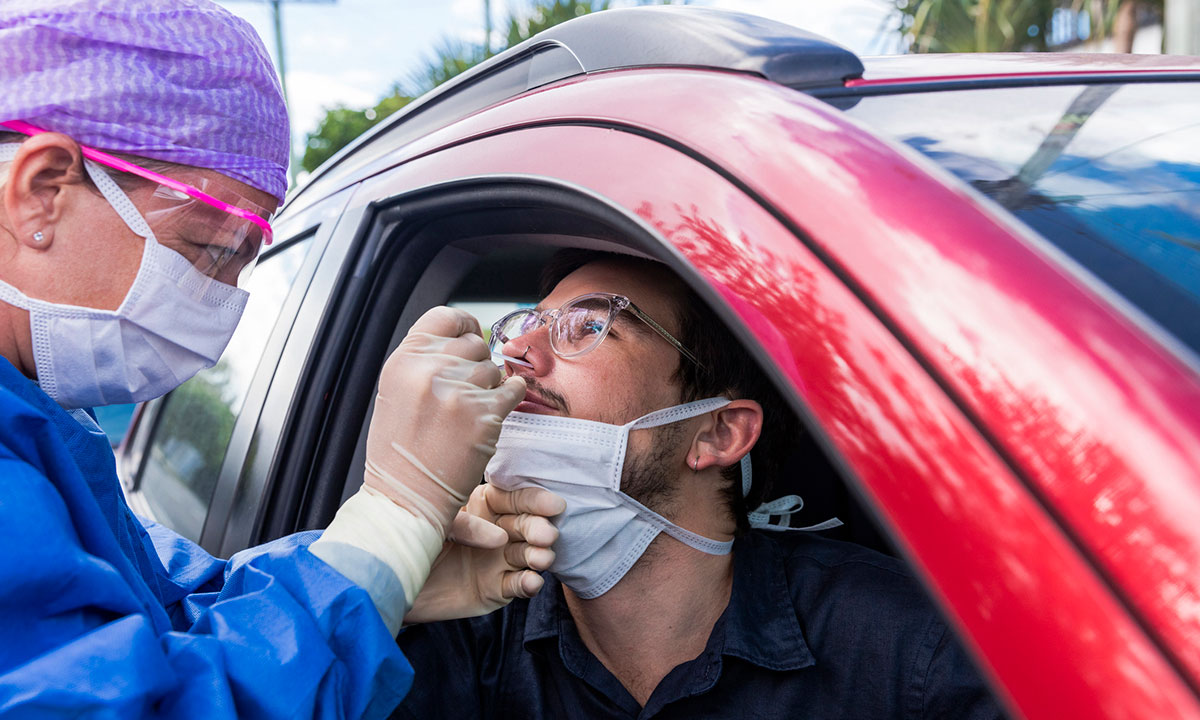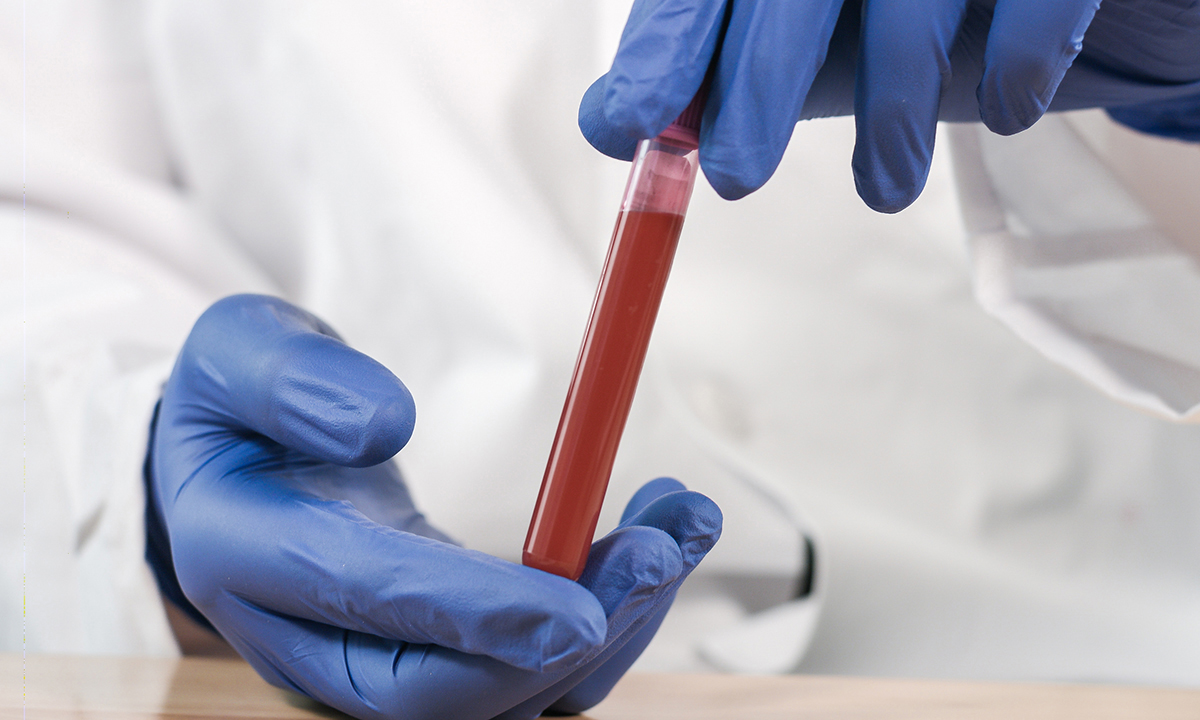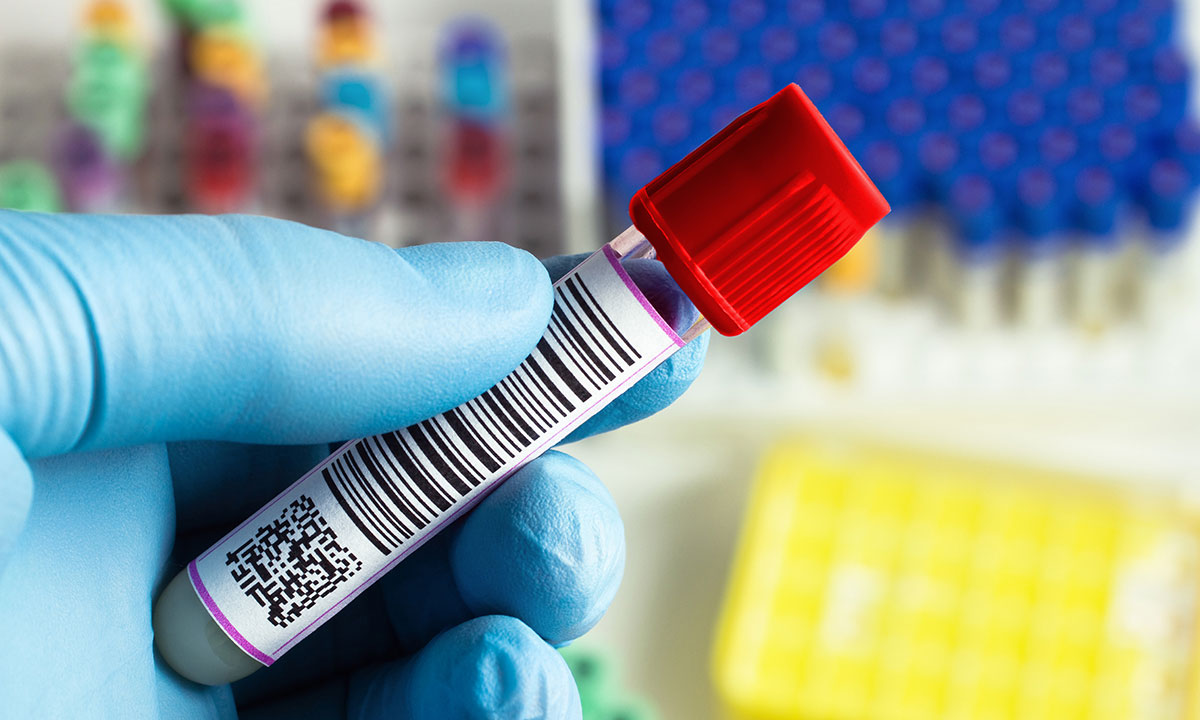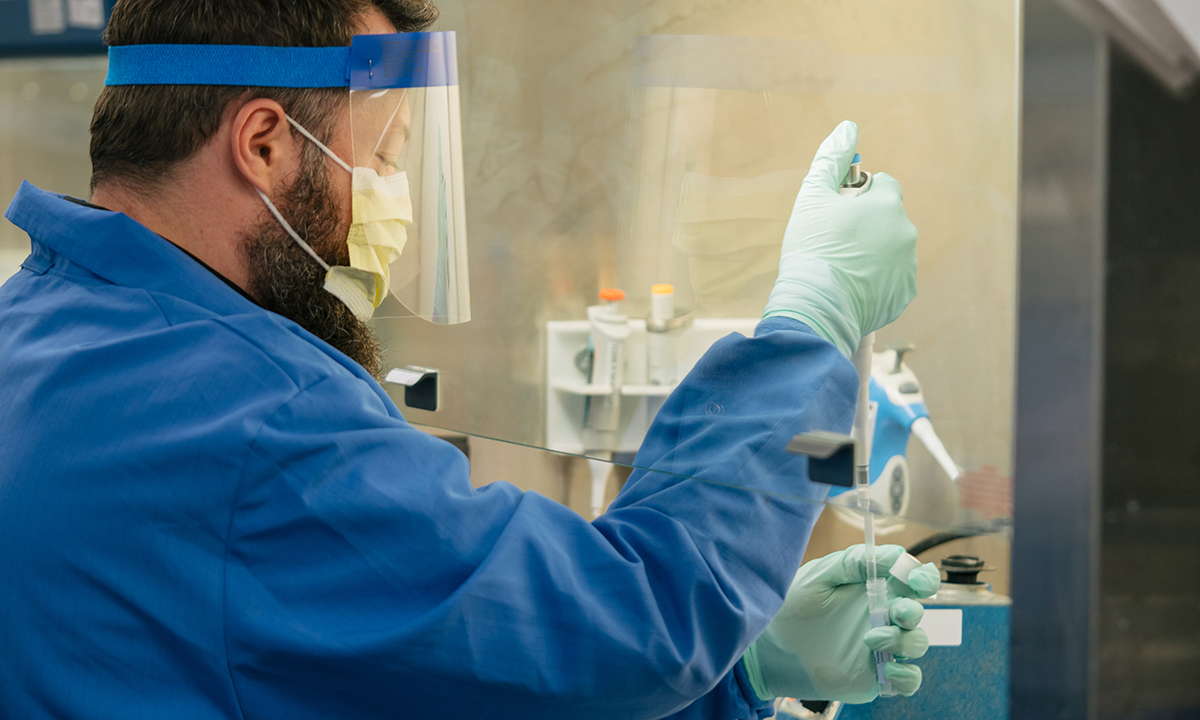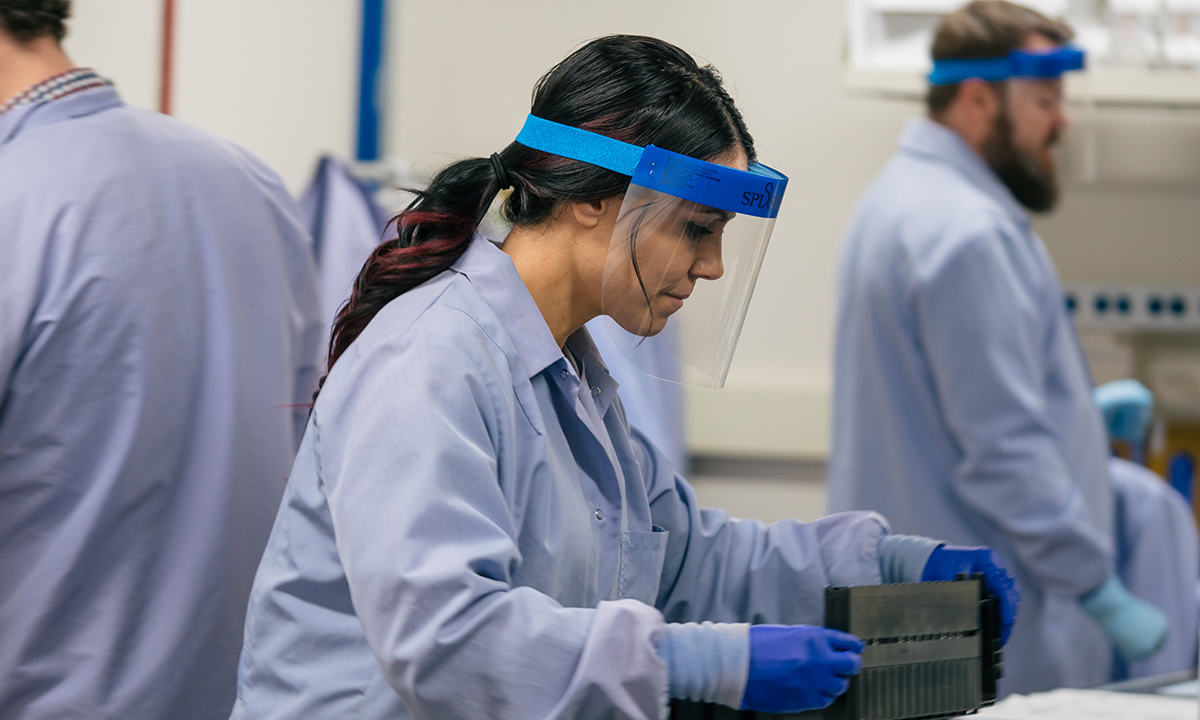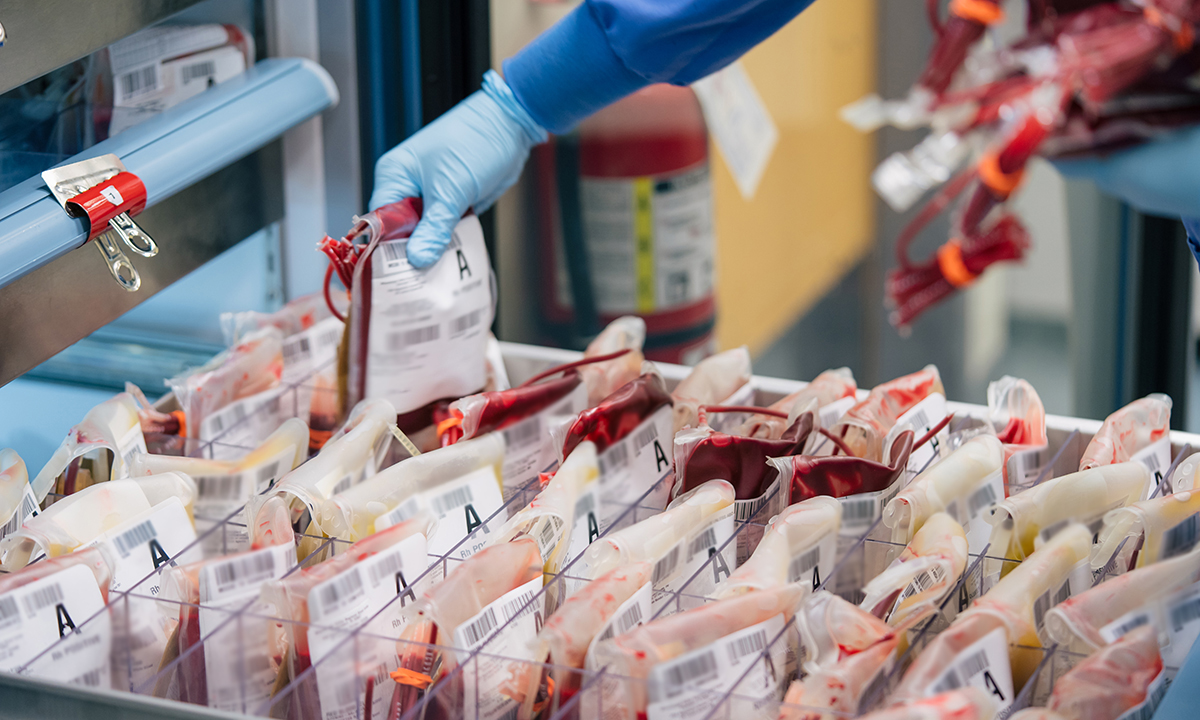Much of the attention surrounding COVID-19 laboratory testing has focused on two primary areas: viral detection to establish diagnosis and antibody testing to assess previous exposure.
Clinicians and patients always want to know they can trust the accuracy of lab test results. This has never been more true than it is now, given the attention on COVID-19 testing.
ARUP announced it will begin rolling out COVID-19 antibody testing nationwide by the end of this week. IgG antibody tests help detect antibodies to SARS-CoV-2, the virus that causes COVID-19.
ARUP CEO Sherrie L. Perkins, MD, PhD, is the featured guest on the newest episode of “U Rising,” a podcast that introduces listeners to “people who are helping the U along its upward trajectory.”
Just a few months into the COVID-19 pandemic, the healthcare market is flush with COVID-19 laboratory testing platforms. This increase can make it challenging to critically evaluate COVID-19 tests.
Since the start of the COVID-19 pandemic, the ID Division has followed well-established protocols for respiratory specimens.
The ACLA has asked the CDC to take immediate steps to educate healthcare providers and the public about the importance of prioritizing COVID-19 testing for those most in need, a plea ARUP endorses.
While most blood drives have been canceled, ARUP’s two blood donation centers have remained open. ARUP has seen donations increase as more people have sought ways to help.
As the state of Utah continues to expand testing to halt the spread of COVID-19, its two largest laboratory services providers are reaffirming their commitment to work together to meet testing needs.
Due to supply constraints in the face of extraordinary demand for COVID-19 testing, ARUP told its national clients it can no longer accept orders for its 2019 Novel Coronavirus SARS-CoV-2 by PCR test.
ARUP Laboratories today announced the launch of its new test for the novel coronavirus. ARUP will start COVID-19 testing on March 12, 2020.
The bacteria that causes Legionnaires’ disease (Legionella pneumophila) often grows in air conditioners, as well as hot tubs, hot water tanks, large plumbing systems, and decorative fountains.


















